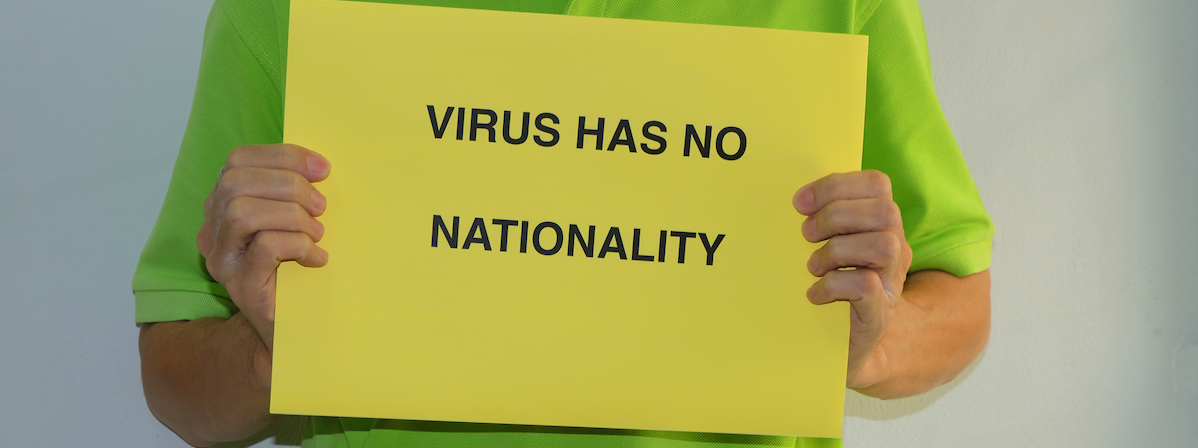Rhetoric that coronavirus is somehow the fault of Asian Americans has spawned a massive uptick in racism, harassment and violent attacks. The situation worsened when a 21-year-old man went on a shooting rampage March 16 at three massage parlors in the Atlanta area that killed eight – six of them Asian females.
“This definitely impacted me on a personal and professional level,” says Mui Mui Hin-McCormick, Rushford’s Clinical Director for Adult Residential Services and a member of the Hartford HealthCare and Behavioral Health Network Diversity, Equity and Inclusion Committees. “As I watched the coverage, a lot of questions and frustrations started surfacing for me. This has been going on for more than a year now, ever since COVID started. It shouldn’t have taken a mass shooting to bring this issue to light. We can do so much better than this.”
Tuesday’s deadly attack in Atlanta increased both fear and outrage in the Asian community. Many are asking, Why did it take this long for people to take notice?
As Asian American groups look to overcome these attacks, many outside the community are wondering how they can help.
“We need to be having conversations, and asking questions,” says Hin-McCormick, an Asian American mother of an 11-year-old. “After this occurred a colleague reached out to me and said, ‘I don’t know how to say this or where to start, but I was I was thinking about you yesterday. I want you to know I am here for you, I feel for you, I feel for your daughter, and there are a lot of people that aren’t like the shooter.’ Something small like that can go a long way, knowing that you have colleagues who are concerned and supportive and want to be there for you but just don’t know how to say it.”
Calling Covid-19 such racially insensitive names like the Kung Flu, the China virus and the Wuhan virus has resulted in assaults on Asian people, being spit at and verbally abused, she said, adding that one of the toughest things is that Asians are seen as “perpetual foreigners,” even if they are born in America.
How do you solve this? Education.
“As healthcare providers, we have to continue to educate ourselves — if we don’t know about minorities, we have to take responsibility and find that information,” says Hin-McCormick. “As a health system, we are obligated to support our communities, and offer culturally sensitive care and appropriate linguistic services. We need to do more of this.”
As part of that call for education, here are some campaigns and organizations we all can join or follow:
- #IAMNOTAVIRUS – An artist led initiative working to dismantle racism by guiding individuals to explore their personal stories.
- #MakeUsVisible — An initiative to support senate legislation (S.B. No. 678) to include Asian Pacific American studies in Connecticut high school social studies curriculum.
- Asian Americans Advancing Justice – a nonprofit group that has been documenting hate crimes and incidents.
Shawn Mawhiney contributed to this story.


